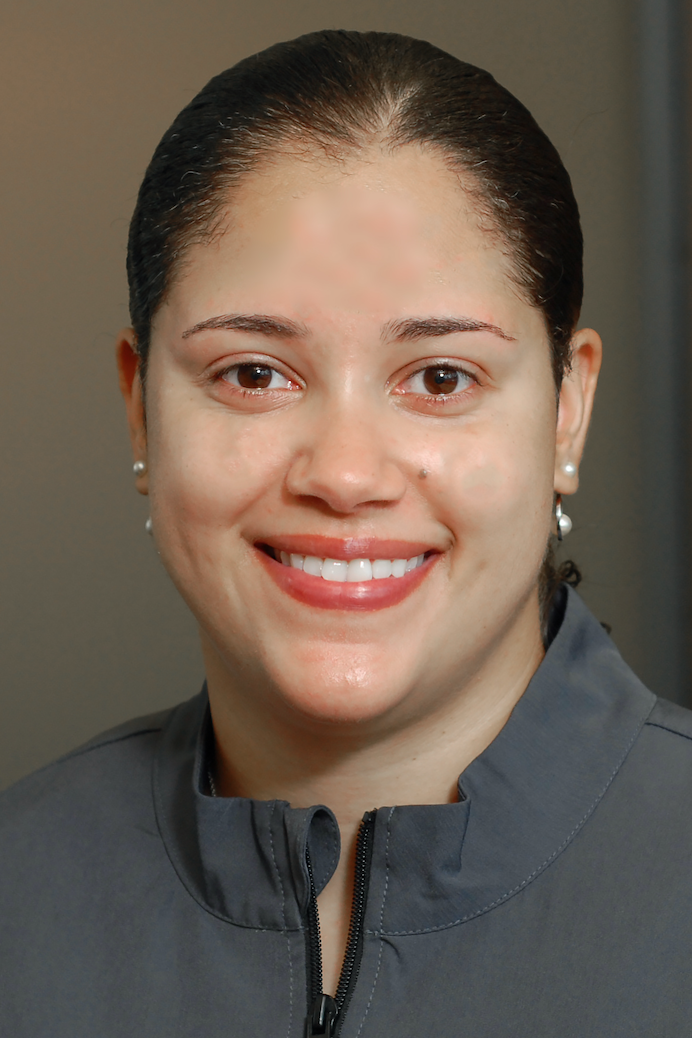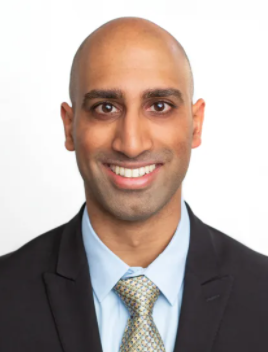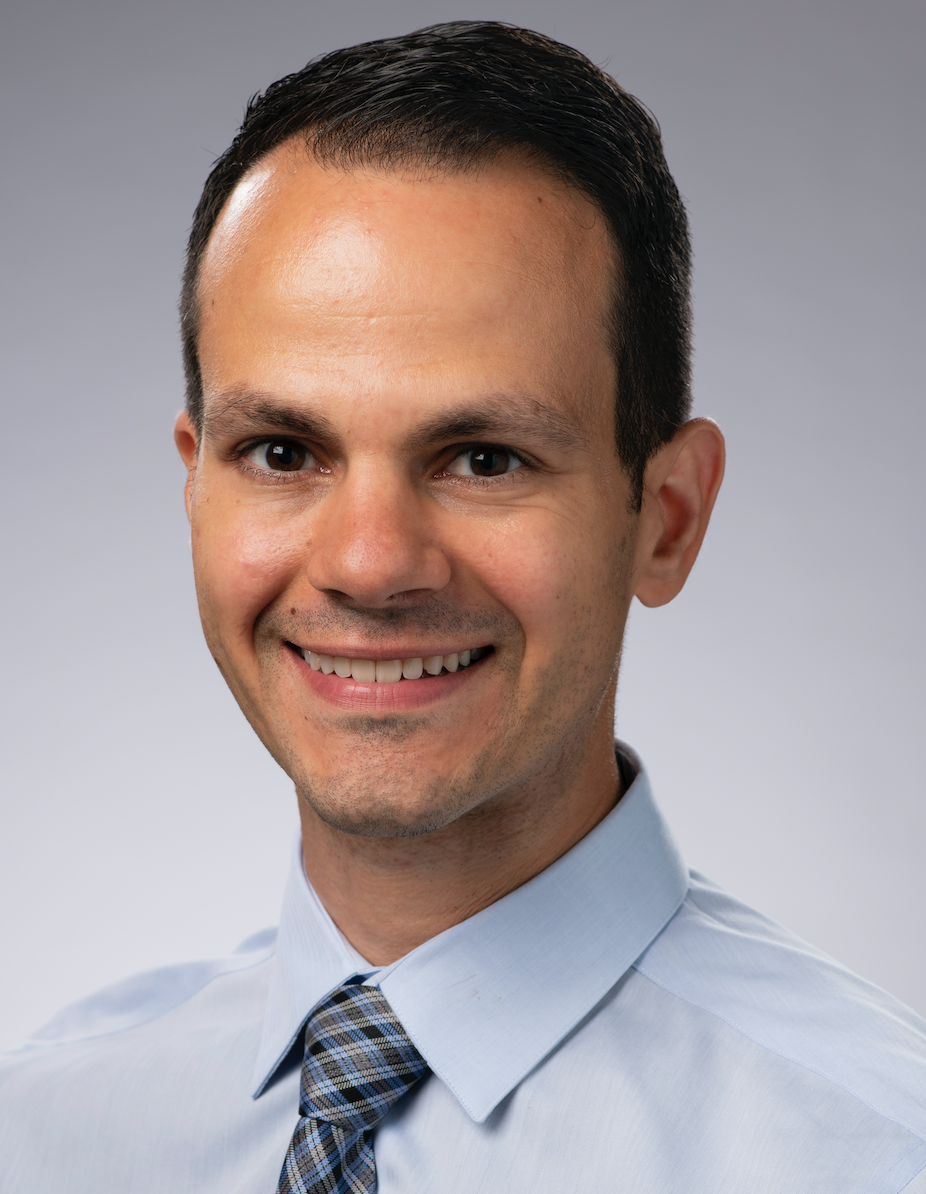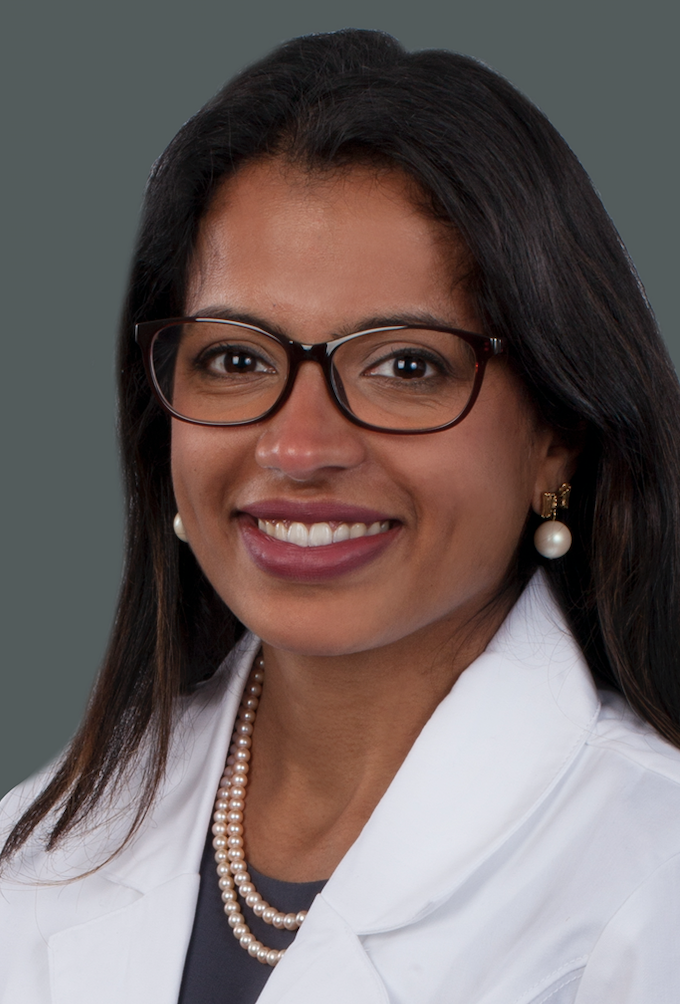I'm going to essentially echo other people's comments: Do not specialize in training too early, do not stop studying too early, stay as broad as you can, and try to learn the things that you feel uncomfortable with during training because you may be asked to do those in private practice. You want to be the person whom people look to for help.
On September 9, 2021, a panel of early-career radiologists from four different Strategic Radiology member groups responded to questions from residents and fellows probing the topic, “First Year in Practice.” This article shares the responses of our panelists to the first question posed during the Resident & Fellow Virtual Happy Hour: What is the one thing you would you have done differently to make the first year better for yourself?
The panel included Amrita Devalapalli, MD, breast imaging subspecialist, Mecklenburg Radiology Associates, Charlotte, NC; Shiva Kambhampati, MD, MSK imaging and intervention subspecialist, Southeast Radiology; Catherine King, MD, MSK and Informatics subspecialist, Northwest Radiology Network, Indianapolis, Ind.; and Elias Taxakis, MD, first-year MSK subspecialist with Huron Valley Radiology, Ann Arbor, Mich.
Among them, they have 5 children and another on the way—one with the latest pre-school scourge hoof-and- mouth disease—various backgrounds, pastimes, med school alma maters, and radiological subspecialties. Ivan DeQuesada, MD, an early-career neuroradiologist at Radiology Associates of North Texas, Dallas–Fort Worth in his third year of practice, moderated the panel.
mouth disease—various backgrounds, pastimes, med school alma maters, and radiological subspecialties. Ivan DeQuesada, MD, an early-career neuroradiologist at Radiology Associates of North Texas, Dallas–Fort Worth in his third year of practice, moderated the panel.
Dr. DeQuesada: If you could go back in time, what would you have done differently to make the first year better for yourself?
Dr. Devalapalli: I wish I could take every rotation again, although that's probably impossible. In residency, we get accustomed to using our institution templates and I wish I copied every single template to ease the transition into private practice.
Dr. King: The one thing I wish I had done differently is to have been less tentative. I was very, very overwhelmed when I first started my residency, and I didn't want to take on anything new, and so I opted out of a lot of things. Even when it came to taking cases, I would never raise my hand because I was nervous that I was going to mess up. Around my third year, I came out of my shell a little and I started to say yes to things I normally said no to. It made the experience better, it helped with connections down the road, and it also introduced me to into new areas of study. I ended up doing an Informatics fellowship, for instance. That would be my first piece of advice: Don't think you're too busy during residency to do something. You may never have that opportunity again.
of a lot of things. Even when it came to taking cases, I would never raise my hand because I was nervous that I was going to mess up. Around my third year, I came out of my shell a little and I started to say yes to things I normally said no to. It made the experience better, it helped with connections down the road, and it also introduced me to into new areas of study. I ended up doing an Informatics fellowship, for instance. That would be my first piece of advice: Don't think you're too busy during residency to do something. You may never have that opportunity again.
Dr Kambhampati: I will reiterate some of the things Catherine spoke to, being timid and not wanting to accept everything in the beginning. I wish I did more breast imaging in residency. I wish I did more procedures, just to be a little bit more well-rounded. I thought initially that I would be studying outside of work and not up to a certain level for three to five years. About 6 to 10 months in, my partners asked if I wanted to read breast imaging, and I felt like I still needed get a better handle on that. I started reading breast imaging, I guess, a year and a half ago when the pandemic started and, in retrospect, it would have been better if I just started right away when I was asked. I am glad that although I did my fellowship in musculoskeletal imaging and intervention, I did thyroid and prostate biopsies in residency. It's always good to be kind of the person who is willing to do everything.
just to be a little bit more well-rounded. I thought initially that I would be studying outside of work and not up to a certain level for three to five years. About 6 to 10 months in, my partners asked if I wanted to read breast imaging, and I felt like I still needed get a better handle on that. I started reading breast imaging, I guess, a year and a half ago when the pandemic started and, in retrospect, it would have been better if I just started right away when I was asked. I am glad that although I did my fellowship in musculoskeletal imaging and intervention, I did thyroid and prostate biopsies in residency. It's always good to be kind of the person who is willing to do everything.
Dr. Taxakis: I'm going to essentially echo other people's comments. Do not specialize in training too early, do not stop studying too early, stay as broad as you can, and try to learn the things that you feel uncomfortable with during training because you may be asked to do those in private practice. If you're uncomfortable doing them in training, you could be one of those people who are uncomfortable doing those studies in practice. You want to be the person whom people look to for help.
with during training because you may be asked to do those in private practice. If you're uncomfortable doing them in training, you could be one of those people who are uncomfortable doing those studies in practice. You want to be the person whom people look to for help.
For example, there are people in private practice, or in practice in general, who hate reading run-offs. Become the person who loves reading run-offs and people are going to be happy that you pick up those cases that have been sitting on a list for longer than they should. Definitely pick up a needle, because people who are willing to pick up a needle are becoming fewer and far further between. It makes you more versatile and more marketable to various practices. Just doing thoracentesis and arthrograms can be challenging. And if you limit yourself and say, “I don't want to pick up a needle,” you make scheduling more challenging in practice. So stay broad, and study as much as you can in training, because 5 years seems like a long time, but it's very short.
And, like Shiva said, I also planned on studying while I was an attending, and now I read very little, even though I used to study every night. There's just no more time and there's very little energy for additional studying at this point in my career.
Dr. DeQuesada: Excellent, those are all excellent answers to this question. When you hear advice from practicing radiologists and you're still in residency, you know it's great advice, but trying to implement that advice is always the hardest part. I would take the panelists’ advice to heart, and I would try to focus on knowing as much as you can when you are in training, because you're going to hit the ground running and you're going to be as busy as ever.
Speaking of that, when it comes to adjusting to private practices, there are people who think that the workflow is going to be totally different, that they're going to have to read twice as many cases, or read them twice as fast, and they won't be able to take their time to read the challenging cases correctly. Can someone dispel that myth?
Dr. Devalapalli: The most important thing is to read each case correctly. People tend to focus too early on reading quickly and on productivity. You want to be accurate because over time you will naturally get faster and you don't want to get into the habit of cutting corners. I think our practice really cares about you getting it right, because if you don't get it right, what's the point of reading the study? Then, anyone could read the study and eliminate your value to the practice.
you don't want to get into the habit of cutting corners. I think our practice really cares about you getting it right, because if you don't get it right, what's the point of reading the study? Then, anyone could read the study and eliminate your value to the practice.
Thankfully, in breast imaging, I had a lot of protection and support during that transition period. I was given about two weeks to shadow people as I ramped up screening and diagnostic volume.
We also have a mentorship program at our practice. I met with my mentor frequently and had lots of guidance both from her as well as many others from my practice.
Hub is the monthly newsletter published for the membership of Strategic Radiology practices. It includes coalition and practice news as well as news and commentary of interest to radiology professionals.
If you want to know more about Strategic Radiology, you are invited to subscribe to our monthly newsletter. Your email will not be shared.